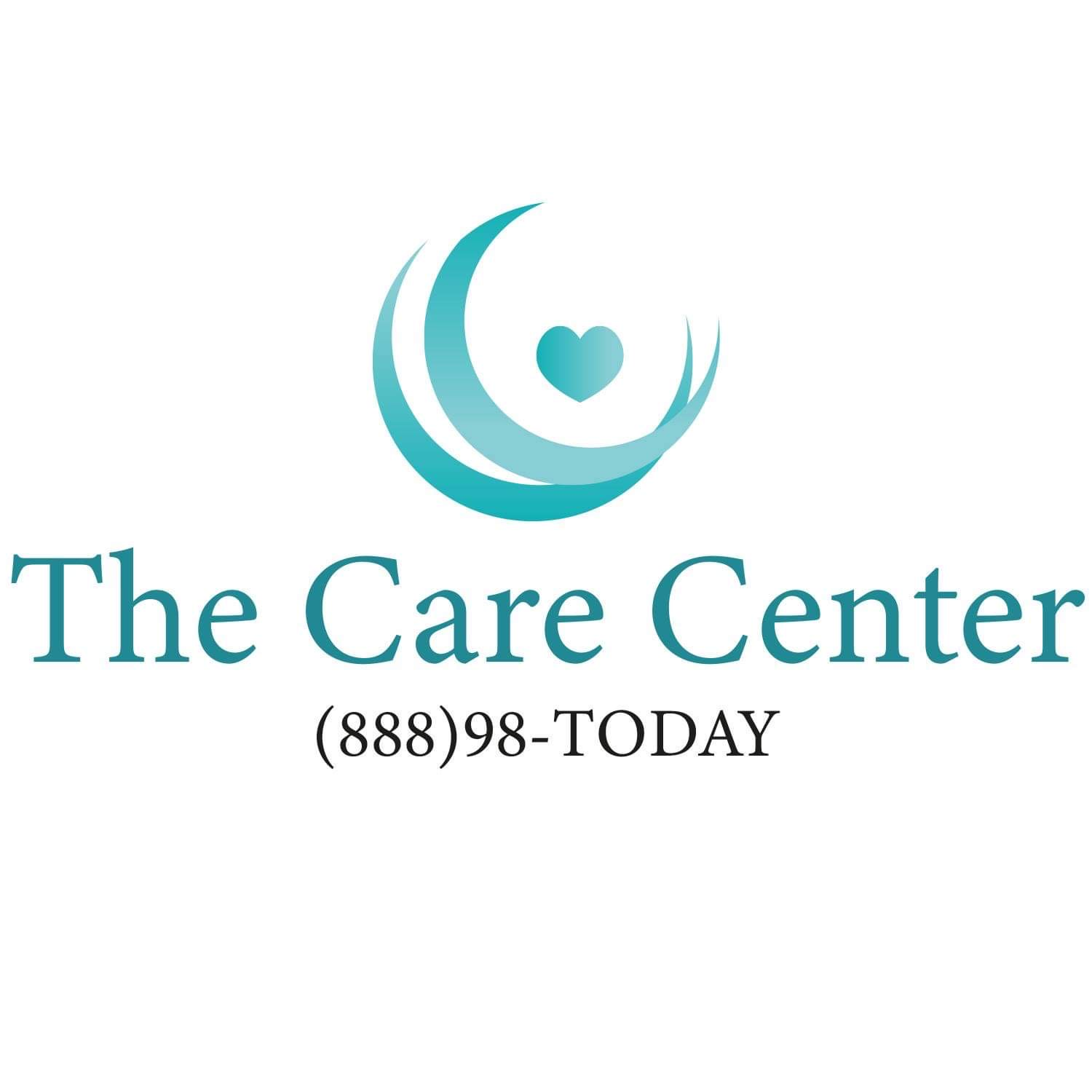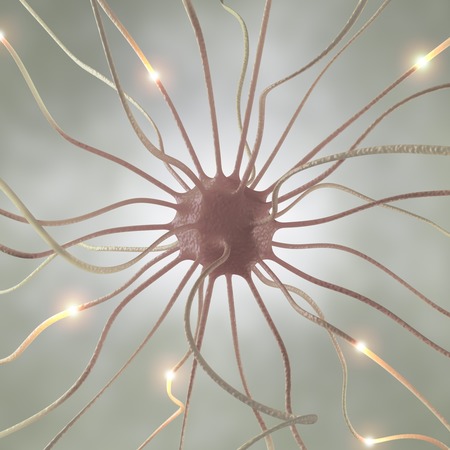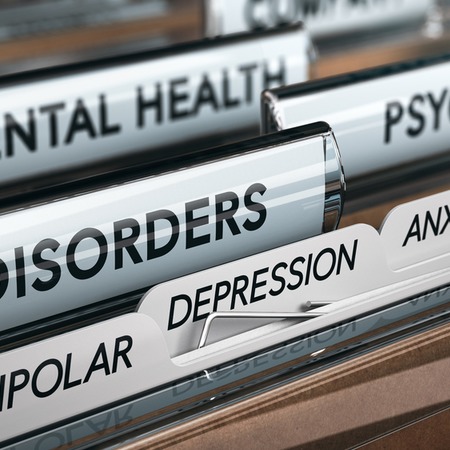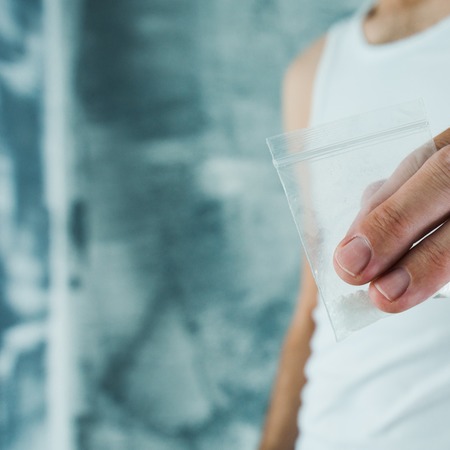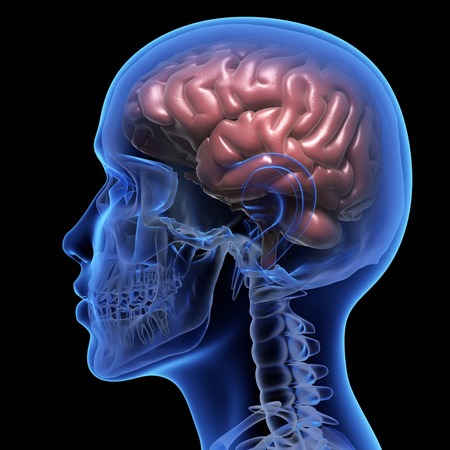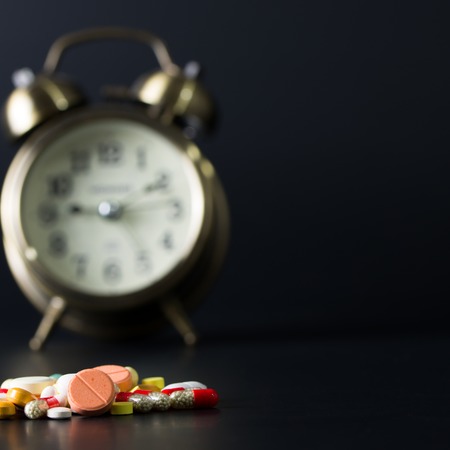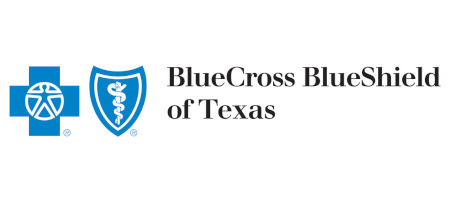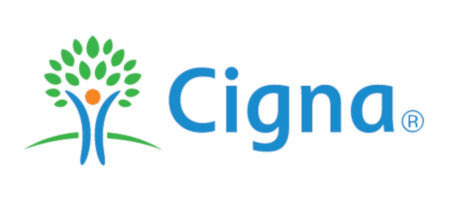Mental Health
Mental health problems and substance use disorders sometimes occur together. This is because:
- Certain illegal drugs can cause people with an addiction to experience one or more symptoms of a mental health problem
- Mental health problems can sometimes lead to alcohol or drug use, as some people with a mental health problem may misuse these substances as a form of self-medication
- Mental and substance use disorders share some underlying causes, including changes in brain composition, genetic vulnerabilities, and early exposure to stress or trauma
More than one in four adults living with serious mental health problems also has a substance use problem. Substance use problems occur more frequently with certain mental health problems, including:
Substance use disorders can also refer to substance use or substance dependence. Symptoms of substance use disorders may include:
- Behavioral changes, such as:
- Drop in attendance and performance at work or school
- Frequently getting into trouble (fights, accidents, illegal activities)
- Using substances in physically hazardous situations such as while driving or operating a machine
- Engaging in secretive or suspicious behaviors
- Changes in appetite or sleep patterns
- Unexplained change in personality or attitude
- Sudden mood swings, irritability, or angry outbursts
- Periods of unusual hyperactivity, agitation, or giddiness
- Lacking of motivation
- Appearing fearful, anxious, or paranoid, with no reason
- Physical changes, such as:
- Bloodshot eyes and abnormally sized pupils
- Sudden weight loss or weight gain
- Deterioration of physical appearance
- Unusual smells on breath, body, or clothing
- Tremors, slurred speech, or impaired coordination
- Social changes, such as:
- Sudden change in friends, favorite hangouts, and hobbies
- Legal problems related to substance use
- Unexplained need for money or financial problems
- Using substances even though it causes problems in relationships
For more information on Substance Use Order and/or other Texas Care services, feel free to call 888-98TODAY and an Intake Coordinator will be happy to take your call and direct you to the appropriate department. Visit our FAQ page for more information on how Telehealth, Telemedicine, and TeleBehavioral Health can work for you.
